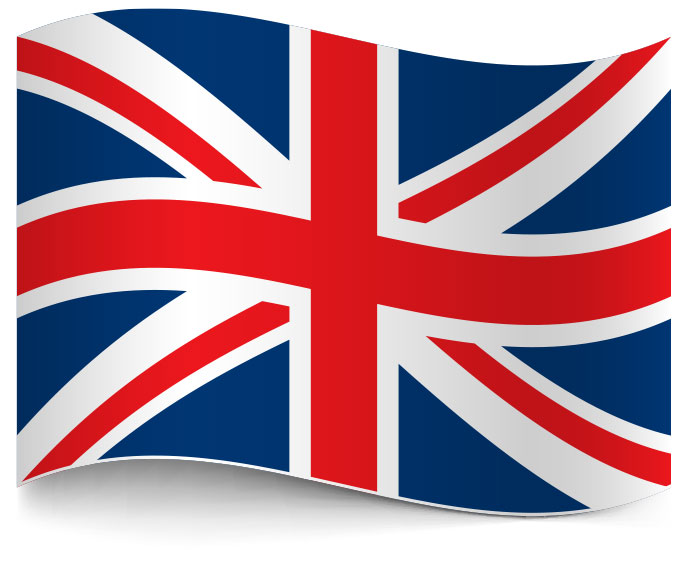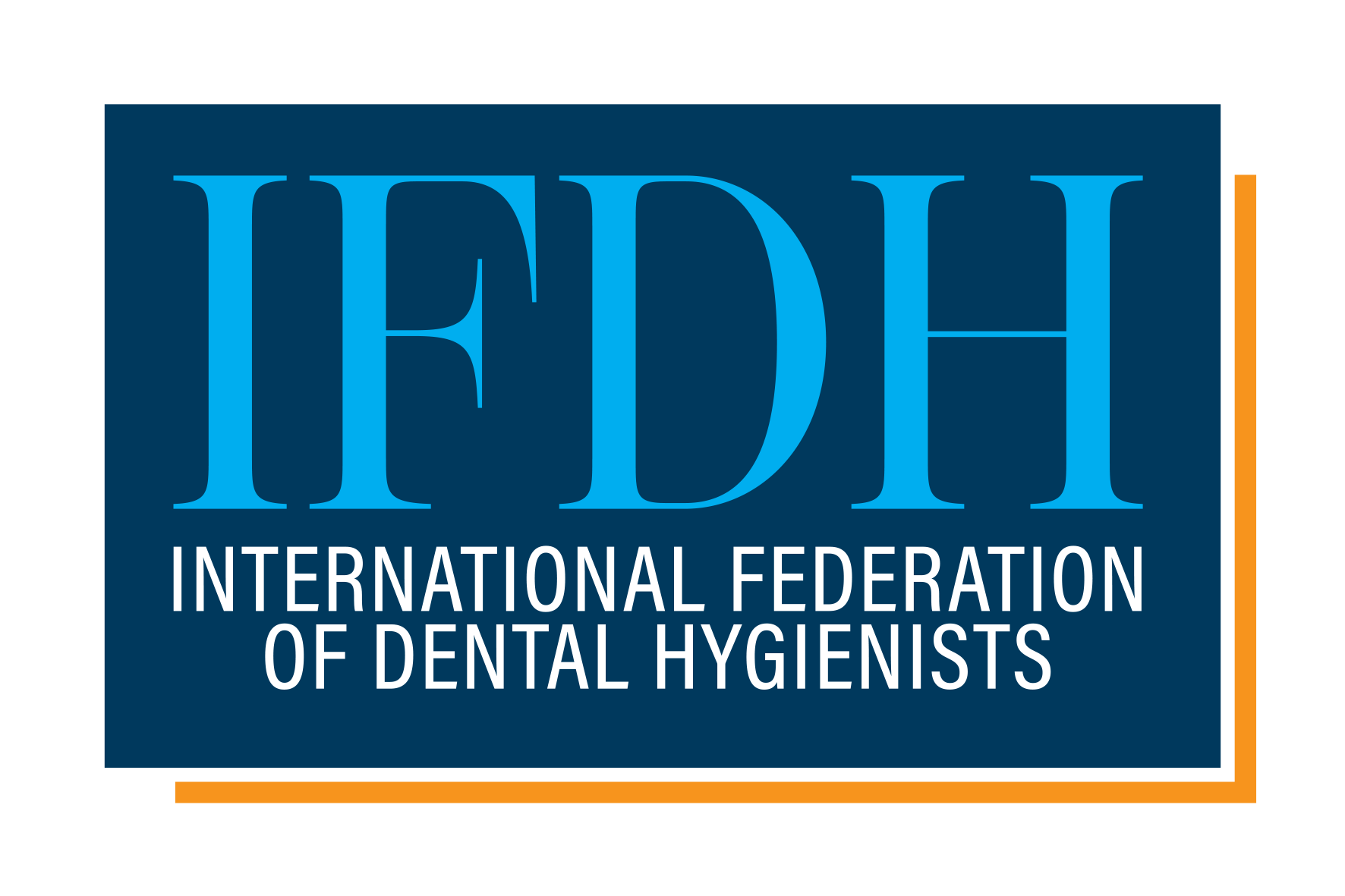United Kingdom
(England, Scotland, Wales & N. Ireland)
Information to work in this country is available from
British Society of Dental Hygiene and Therapy
Bragborough Hall Business Centre
Welton Road
Braunston, Daventry, Northamptonshire
NN11 7JG
Email: enquiries@bsdht.org.uk
http://www.bsdht.org.uk

Procedures and/or documents that are necessary to be able to work in this country
A Diploma or first degree in Dental Hygiene and Therapy that meets the UK standard of training. This must be validated by the General Dental Council (see below)
Official licensing body in the country
General Dental Council
37 Wimpole Street, London W1G 8DQ, UK
Tel: +44-20 7167 6000
Website: www.gdc-uk.org
GDC Online Contact Form: https://www.gdc-uk.org/contact-us
Special conditions that may apply for hygienists that obtain employment
Must be fluent in English.
Contact for Work Permit and/or Visa
The British Embassy/Consulate in the country of residence.
Is a job offer required before a Work Permit/Visa is issued?
Yes.
Main local and/or official language(s)
English.
Are hygienists and those dually qualified in Hygiene and therapy who qualified overseas required to sit the country's national examination?
Not in every instance as the General Dental Council may grant equivalence.
Information on the local working environment
Dental Hygienists work in all areas of dentistry and may own their own dental practices. They can see patients directly or under the prescription of a dentist.
In the United Kingdom most individuals qualify with a joint diploma in Dental Hygiene and Therapy.
Standard tasks that a hygienist is allowed to undertake in the country
Dental Hygienists can diagnose within their remit to scale and polish teeth and provide advanced periodontal therapy. They may do this utilising local infiltration and inferior dental nerve block analgesia. They may apply prophylactic and antimicrobial materials, carry out fissure sealants, take radiographs, and undertake monitoring and screening procedures including intra and extra oral assessments. They provide detailed oral hygiene and dietary advice. They may provide emergency temporary replacement of crowns or fillings and take impressions. With additional training they may treat patients under conscious sedation, carry out tooth whitening and remove sutures. Dental Therapist (who also now qualify as Dental Hygienists) in addition may also undertake the following treat the dentition with simple direct restorations using all materials except prior pinned placements, extract deciduous teeth under local infiltration analgesia and with appropriate training, provide pulp treatments and placement of preformed crowns on deciduous teeth.
Country Statistics
| Total Population | 67,281,039 |
| Number of Dental Hygienists, Female / Male | 6890 / 243 7666 / 595 |
| Number of Dentists (actually working in the UK) | 43,292 |
| Number of Dental Hygiene Schools / Students per year | 21 / 330 |
| Practicing Dental Hygienists: Full-time / Part-time | 2,000 / 2,500** |
| Number of Dental Hygienists in private sector / public sector | 6,295 / 350* |
| Number of Dental Hygienists practicing as Clinicians | 6633* |
| Number of Dental Hygienists practicing as Educators | 130* |
| Hygienists practicing as Administrators and/or Consultants | 25* |
| Number of Dental Hygienists in other practice settings | 100* |
*These are estimated as there are no official figures. The above figures for Dental Hygienists include those who are in joint training or are jointly qualified as Dental Hygienist / Dental Therapists
Information based on data received by IFDH in:
2022
Information from the GDC on registrants:
https://www.gdc-uk.org/about-us/what-we-do/facts-and-figures
NOTE: The information provided above is for general guidance only. The International Federation of Dental Hygienists advises all hygienists to contact the country’s relevant licensing bodies and agencies for current information and regulations.





